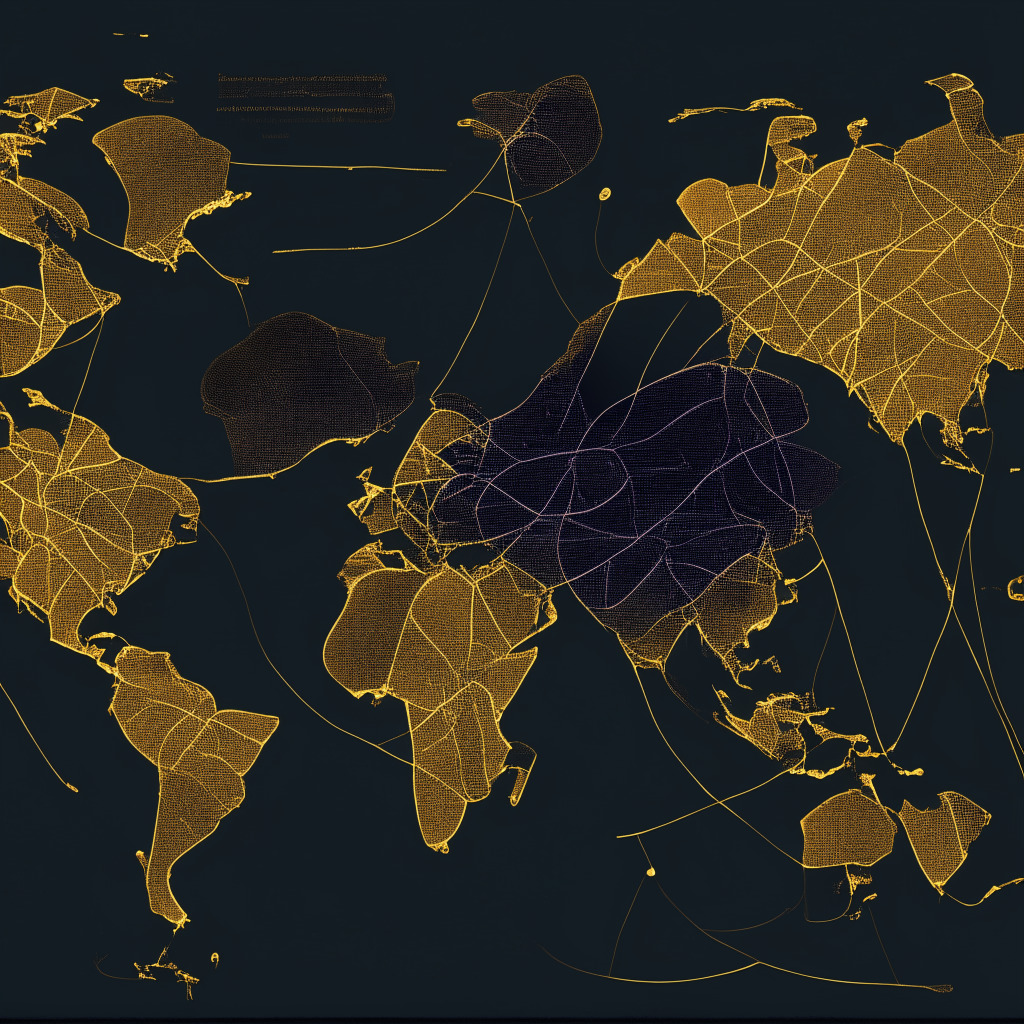As the global Ethereum community prepares for the Ethereum Community Conference (EthCC) in Paris this year, contrasting views from previous experiences trigger a curious sense of irony. The scepticism that shrouded last year’s DevCon event held in Bogota, Colombia, revealed a subtle undertone amongst crypto enthusiasts – locales such as Latin America carried significant safety concerns. The curious point, however, is how this concern failed to mirror in the upcoming EthCC in France, a country currently undergoing large-scale civil unrest and even limited social media access.
So why does a location often deflect or amplify certain attitudes within our cryptosphere? Is there an underlying thread of stigma and undertones of latent racism towards supposedly ‘dangerous’ places? The Ethereum community does organize conferences across the globe, but when major events unfold in ‘unfamiliar’ territories, a disconcerting pattern seems to emerge. Some industry participants tend to shrink away, put off by unfamiliarity, thereby confining growth and engagement within the safe confines of the U.S., U.K., and Europe.
However, the counterpoint remains, these regions unknown can offer potential bastions for crypto-application due to strong, untapped user bases. Such places are where crypto would not only have the highest acceptance but also perform at its optimum. Countries like France, amidst unrest, or Colombia, misunderstood for its perceived danger, can serve as platforms for meaningful engagement. This would not only revolutionize the economy but also provide our crypto-industry with the much-needed human stories of progress.
This call for a broader perspective isn’t merely about extending superficial outreach programs. It goes beyond token airdrops or temporary engagements. The focus lies on leveraging the profound potency of blockchain technology to generate transformation at a fundamental socio-economic level. One such pioneering example is M-Pesa, a mobile transfer service by Vodafone (Safaricom). Despite revolutionizing finances for individuals lacking traditional bank accounts, the model remains flawed – high transaction costs and reliance on centralized authority being prime culprits.
Interestingly, cryptocurrency could pick up the baton from where M-Pesa has left off. By introducing cutting-edge services via decentralized finance (DeFi) protocols, the world’s financial landscape could witness unprecedented growth and transformation.
Paradoxically, transitioning from traditional to crypto-banking seems a daunting challenge to average Americans, yet, this hurdle seems non-existent for the unbanked sections of the Global South. They possess the ability to springboard directly into the blockchain era.
It’s this broader, inclusive perspective that could influence transformation at a global scale. However, this requires concrete action, not mere lip service. There’s an urgent need to go beyond conventional borders, extending open arms to the Global South. Only then can we realize our industry’s motto of “reaching a billion users”, turning it from an industry jest to a testament of shared progress, inclusivity, and triumph.
Source: Coindesk




